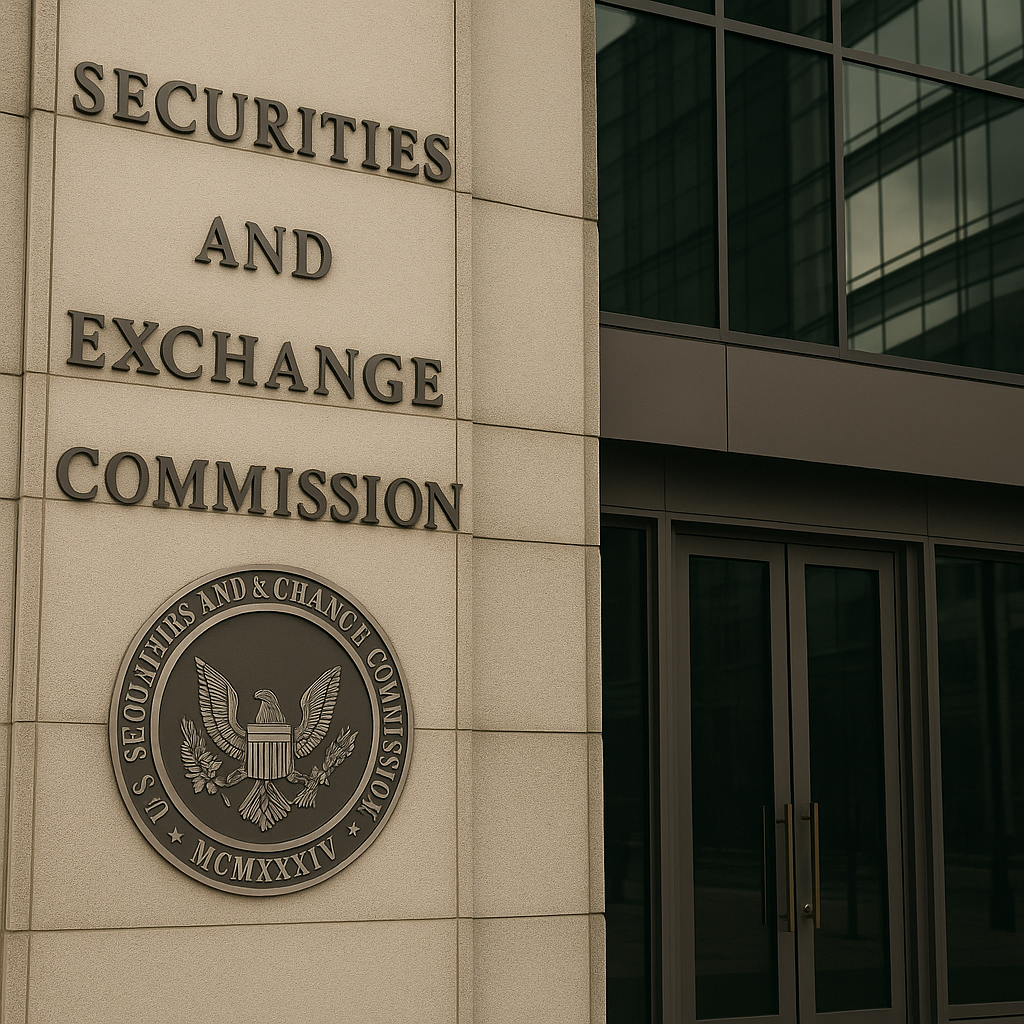SEC Intensifies Crypto Crackdown with New Enforcement Actions
In February 2023, the U.S. Securities and Exchange Commission (SEC) significantly stepped up its oversight of the crypto industry. Following the fallout of FTX and a turbulent 2022, the SEC began aggressively pursuing enforcement actions against crypto firms, particularly those involved in staking services, unregistered securities, and stablecoin issuance.
This heightened regulatory approach has triggered renewed debates over crypto classification, investor protection, and the future of innovation in digital assets.
SEC Targets Kraken Staking Program
One of the most notable actions in February was the SEC’s lawsuit against Kraken, a major U.S.-based crypto exchange, over its staking-as-a-service offering.
-
The SEC alleged Kraken’s staking program functioned as an unregistered investment contract, violating U.S. securities laws.
-
Without admitting wrongdoing, Kraken agreed to pay a $30 million fine and shut down its staking services for U.S. customers.
This move sent shockwaves across the industry, with other platforms like Coinbase and Binance closely scrutinized for similar services. The SEC’s stance suggests it considers centralized staking services akin to interest-bearing investment products — and thus subject to securities laws.
Regulators Signal Zero Tolerance on Unregistered Offerings
Chair Gary Gensler emphasized the need for crypto firms to “come into compliance” with existing regulations. According to the SEC:
“Crypto intermediaries must provide full, fair, and truthful disclosures… just like any other securities market participant.”
This month also saw enforcement against smaller projects accused of conducting illegal token offerings or failing to register securities. The agency appears determined to establish legal precedent — even if it means litigating novel crypto models under old frameworks.
Paxos and the BUSD Controversy
Another major February development was the SEC issuing a Wells Notice to Paxos, the issuer of Binance USD (BUSD) — one of the largest stablecoins in the market.
The SEC alleges that BUSD constitutes an unregistered security, despite it being a stablecoin pegged 1:1 to the U.S. dollar.
-
Paxos denied the claim but agreed to stop issuing new BUSD tokens.
-
Binance stated it would continue supporting BUSD “for the foreseeable future,” but is now exploring other stablecoin partnerships.
This action sparked broad confusion. Many industry analysts argue that stablecoins — by design — lack the profit expectation required for securities classification under the Howey Test. Nonetheless, the SEC’s logic appears to hinge on centralized issuance and profit through holding.
Broader Impact on the Crypto Ecosystem
The SEC’s intensified approach is already having visible effects:
-
Centralized platforms are reassessing their product offerings to avoid lawsuits.
-
DeFi projects are being more cautious about U.S. exposure and considering jurisdictional restrictions.
-
Investor sentiment has been rattled — with some tokens experiencing short-term sell-offs.
-
U.S. crypto innovation is at risk of being pushed offshore due to growing regulatory uncertainty.
While some hail the crackdown as a necessary cleanup after years of unregulated growth, others argue the SEC is regulating by enforcement, not through clear guidelines.
Industry Reactions and Pushback
Not all players are accepting the SEC’s actions without a fight:
-
Coinbase CEO Brian Armstrong criticized the move against staking, calling it “a terrible path for the U.S.”
-
Legal experts argue the lack of formal rulemaking leaves the industry operating in a gray zone.
-
Crypto lobby groups and advocacy organizations are calling for legislative clarity from Congress, not just agency intervention.
Despite the criticism, the SEC maintains that existing securities laws are sufficient and must be applied to protect investors.
Congress and the Need for Legislative Clarity
The rising tension between innovation and regulation has intensified calls in Washington for comprehensive crypto legislation. Key issues lawmakers aim to address:
-
What constitutes a security vs. a commodity in crypto
-
Jurisdictional boundaries between the SEC, CFTC, and other agencies
-
Disclosure requirements for token issuers and centralized platforms
-
Frameworks for stablecoins and DeFi protocols
So far, however, bipartisan agreement remains elusive. Without clear legislative action, enforcement may remain the de facto path forward — at least in the short term.
What Comes Next for the Industry
With the SEC accelerating its efforts, crypto firms — both in the U.S. and abroad — are bracing for:
-
More enforcement actions, including against exchanges, wallet providers, and stablecoins
-
Potential court battles that could set legal precedent
-
Increased risk for investors and builders who fail to assess compliance
-
A pivot toward more decentralized, permissionless models that resist regulatory targeting
Some projects are already geo-fencing U.S. users, changing token mechanics, or transitioning to DAO governance to reduce liability.
Conclusion
February 2023 marked a turning point in the U.S. regulatory landscape for crypto. The SEC has made it clear that it will no longer tolerate what it sees as non-compliant business models, even if they’ve operated unchecked for years.
As the industry faces growing legal and operational pressures, its future in the United States hinges on how regulators, lawmakers, and crypto companies negotiate the next chapter.
Whether this leads to a safer, more mature ecosystem, or drives innovation away from American soil, remains to be seen.
